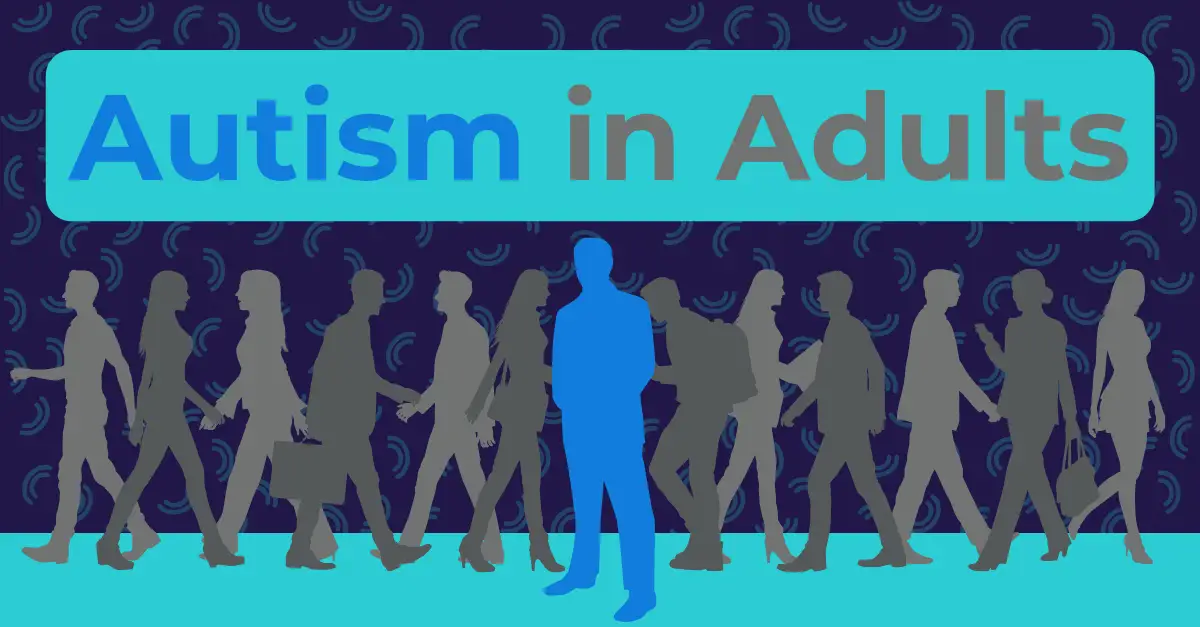Autism in adults
Therapy Dynamics provides virtual autism assessments for adults.
Autism is a neurodevelopmental disability that lasts lifelong. It causes differences in communication, social skills and behavior and it shows up in many ways. The term autism spectrum disorder describes the full range of symptoms and behaviors, from mild to extreme. People have a wide range of challenges and strengths that can vary with age and over time. Learn more about autism testing in adults in Minnesota as well as some of the traits of autism in adults.
In social situations, adults with autism can:
- avoid eye contact, or feel uncomfortable with eye contact. They make minimal gestures with their hands or body, or display limited facial expressions
- find it hard to make or keep friends, or prefer to be on their own
- be very honest and transparent, which people may misinterpret as them as being blunt, rude, or not interested in them
- find it hard to understand what others think or feel. They may even have a hard time understanding how they feel.
- miss cues within conversation, like whose turn it is to talk
- find it hard to understand how others are thinking or feeling, or saying how they feel. They may even struggle to recognize and name their own emotions.
- have difficulty understanding sarcasm, figures of speech, or take things literally.
Autism in adults also presents in the following ways:
- have repetitive behaviors or urges to move that seem unrelated to what is going on
- prefer rules and routines, and find it hard to cope with change
- experience sensitivities to smell, touch, taste, texture, hearing, and pain
- have interests that they spend a lot of time on, that they are highly interested in, and that interfere in their lives
Reasons for Delayed Diagnoses
Parents and doctors knew much less about autism and its presentation when you were a child. As the diagnostic criteria have evolved and education efforts have been made within the medical, educational, and psychological communities, and with parents, children as young as 3 months can now be diagnosed. Records of milestones a child has or has not met are recorded at every well child checkup and assessing children for signs of autism has become pretty standard. Back when you were a child, only those with significant difficulties were recognized—and even they were sometimes misdiagnosed.
Autism Testing in Adults in Minnesota
Before committing to a formal diagnostic process, you may want to take some online quizzes that are not diagnostic, but may inform your choice to pursue a formal diagnosis. Save a copy of your results. I am interested in seeing them.
At Therapy Dynamics, I specialize in autism testing in adults in Minnesota using the MIGDAS-2. It is an interactive method for evaluating autistic individuals that stands apart from traditional standardized tests by focusing on sensory play and discussions centered on personal interests, providing rich, qualitative insights into language, communication, social relationships, emotional responses, and sensory use. It is also strengths based, helping people to learn about abilities and potential.
